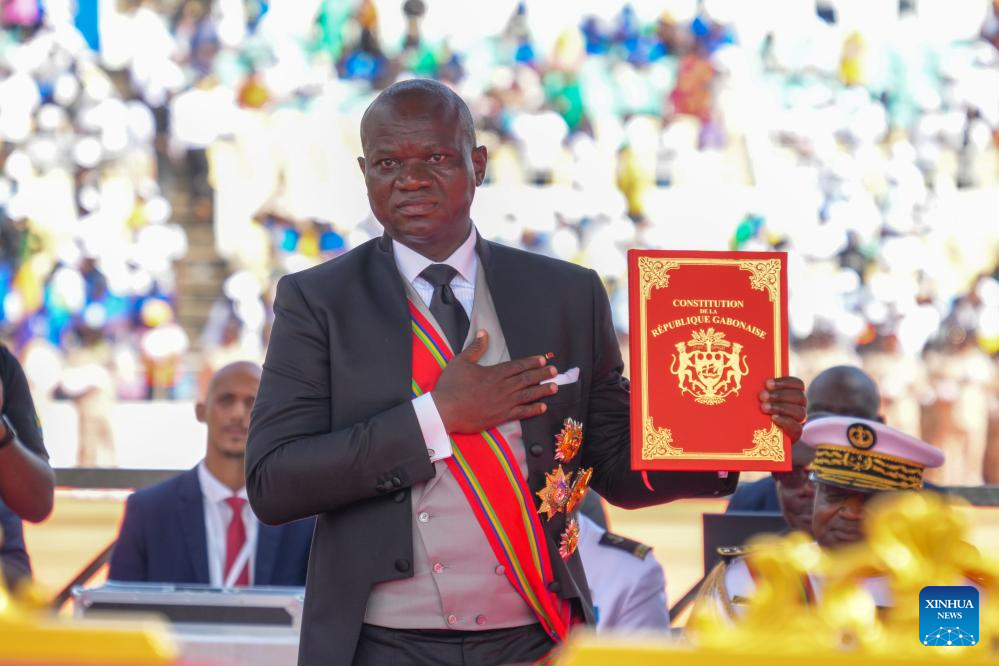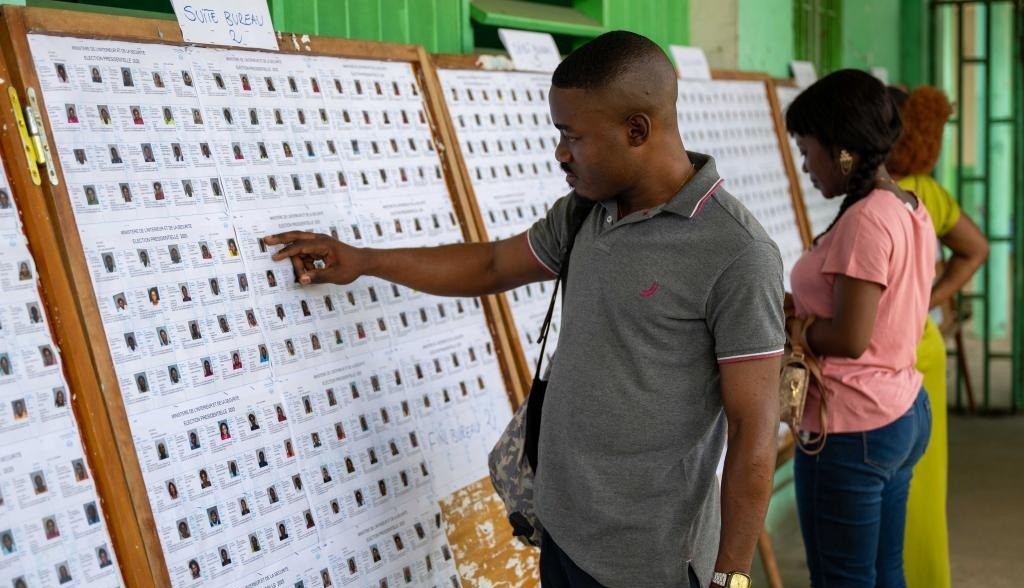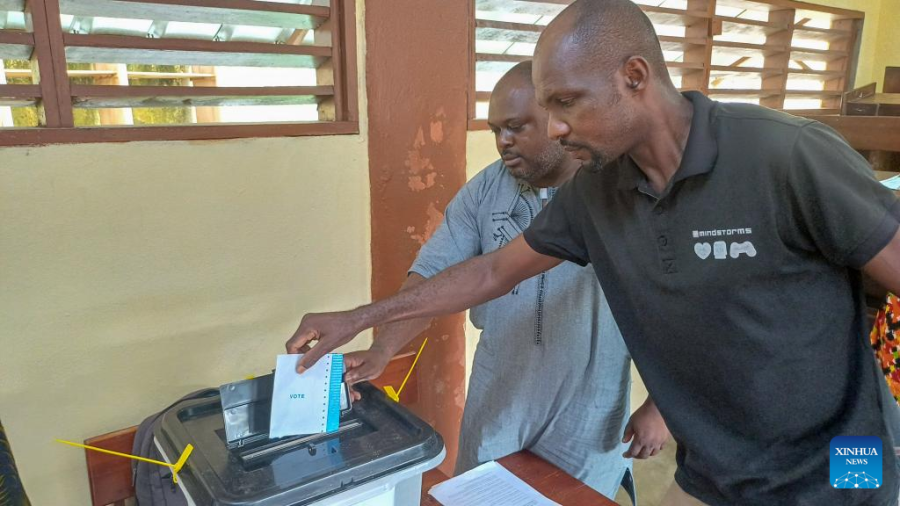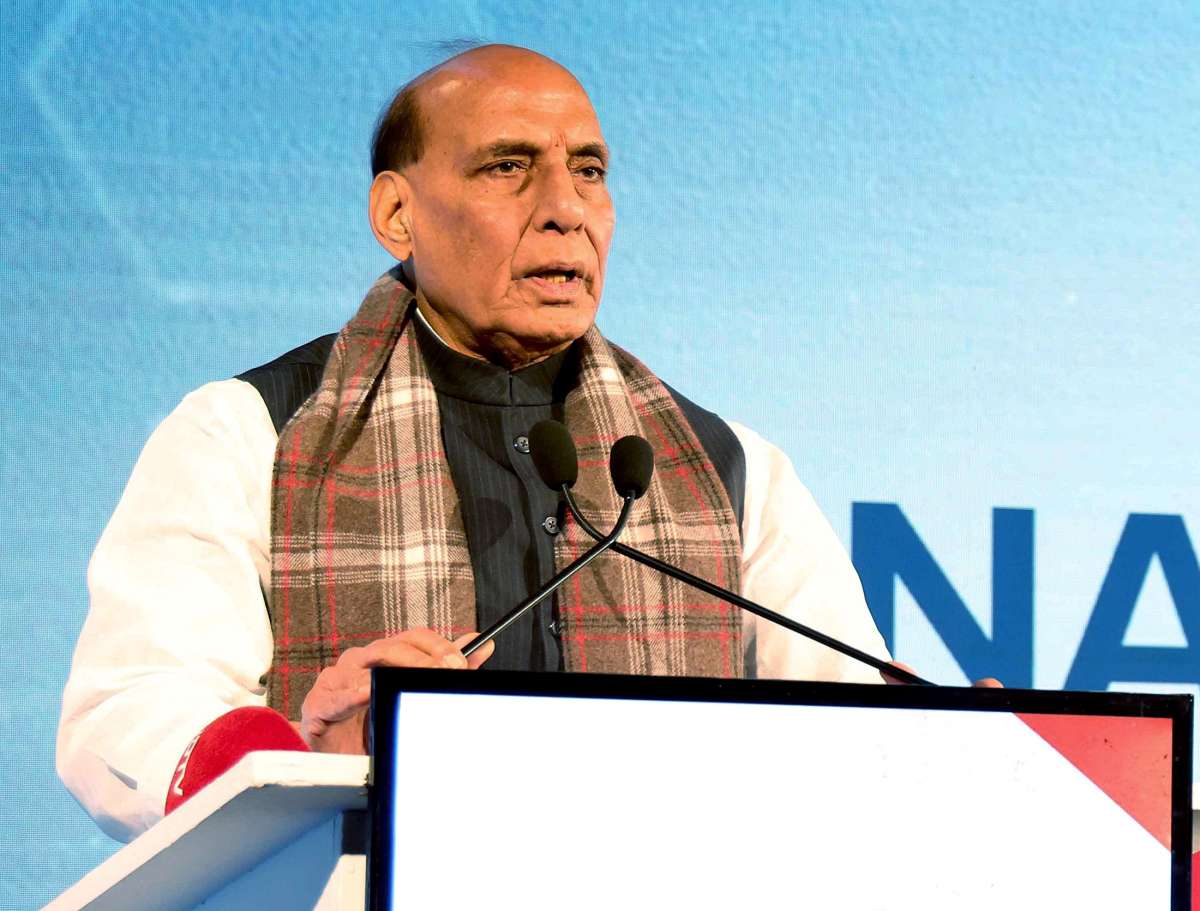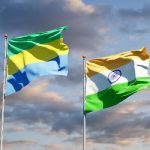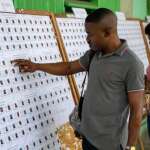The main concerns are an aging electricity network, which suffers frequent power cuts, youth unemployment that hovers at 40 percent, poor or lacking roads, and a ballooning public debt, forecast to hit 80 percent of GDP this year
Gabon began swearing in President-elect Brice Oligui Nguema, who led a coup ending decades of Bongo family rule and swept polls last month with nearly 95 percent of the vote.
The general and former junta leader, who toppled Ali Bongo in August 2023, ending 55 years of dynastic rule by the Bongo family, officially takes the presidential reins after leading a 19-month transition government.
Some 20 African heads of state arrived for the inauguration ceremony at a stadium north of the capital, Libreville, while supporters decked out in T-shirts and flags bearing Oligui’s likeness packed out the 40,000-capacity venue.
Leaders in attendance include Gambia’s Adama Barrow, Senegal’s Bassirou Diomaye Faye, Djibouti’s Ismail Omar Guelleh, and Teodoro Obiang Nguema Mbasogo from Equatorial Guinea.
The Democratic Republic of Congo’s president, Felix Tshisekedi, likewise entered around midday.
Tickets were free to attend the investiture at the Angondje stadium, built to honor the friendship between Gabon and China.
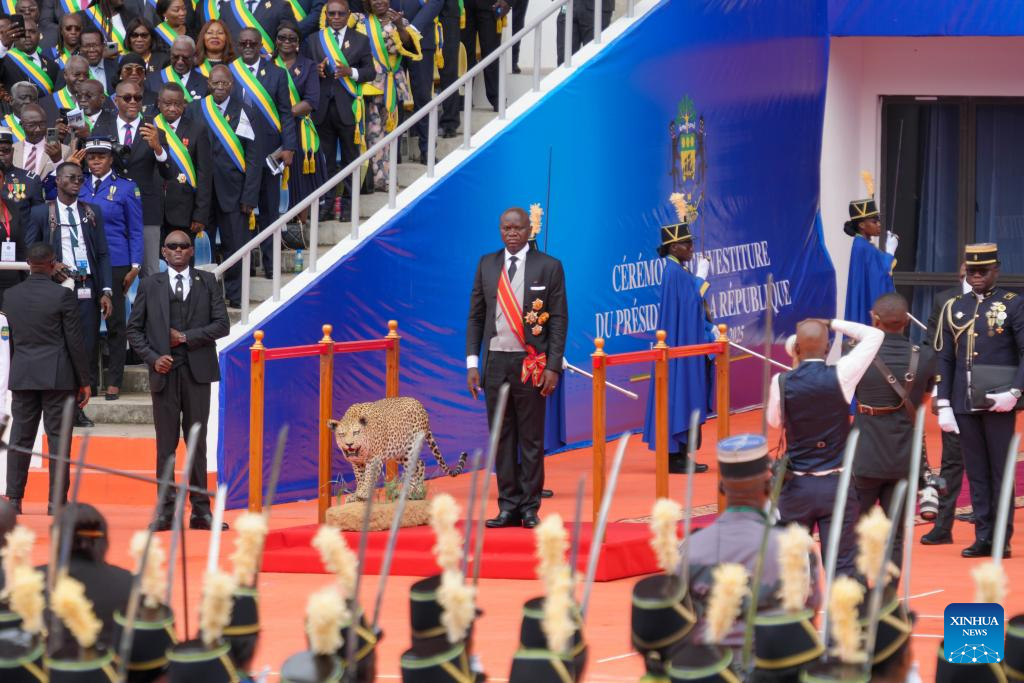
It marks the country’s first swearing-in ceremony for such a large audience.
From the morning, the roads of the capital, Libreville, and around the Angondje stadium were clogged with traffic, AFP journalists saw.
On the program for the ceremony was a series of artistic performances and a military parade, according to state media, which will be followed by a “victory concert” on the Libreville waterfront in the evening.
In the lead-up, hundreds of workers have been painstakingly cleaning and repainting areas around the main roads leading to the stadium.
Authorities and official media have called for people to be public-spirited because of the influx of foreign guests.
“All citizens of Greater Libreville are asked to extend a warm welcome to these distinguished guests,” the Interior Ministry said in a statement.
It called on residents near the stadium to “take part in cleaning and beautifying” the area.
Oligui, 50, faces serious challenges in leading the oil-rich country, which needs to revamp crucial infrastructure and diversify its economy, but is heavily indebted.
The main concerns are an aging electricity network, which suffers frequent power cuts, youth unemployment that hovers at 40 percent, poor or lacking roads, and a ballooning public debt, forecast to hit 80 percent of GDP this year.
During the transition, Oligui portrayed himself as a “builder,” launching numerous construction projects, while vowing to “crack down” on corruption to get the country back on track.
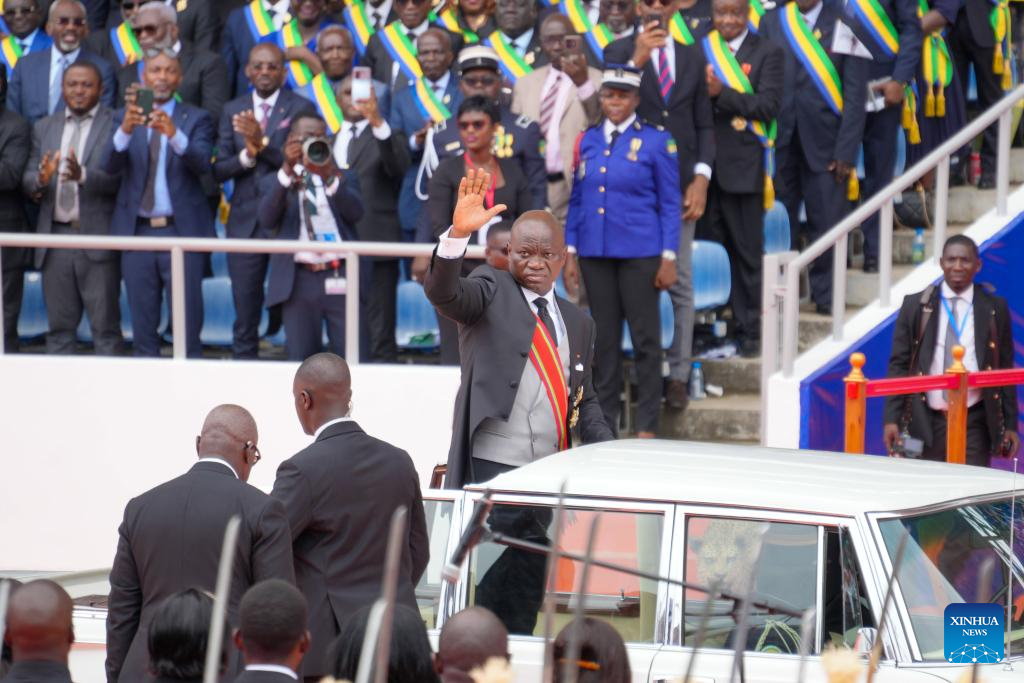
Gabon has a very high unemployment rate, especially among young graduates, and the economy is heavily dependent on oil. There is also a lack of infrastructure, including roads connecting the regional provinces and basic social services such as improving the supply of clean water to the population.
Nguema overthrew President Ali Bongo Ondimba in 2023 and then led the country’s transition before running and winning the presidential election on April 12 with 58,074 votes, or 94,85 % of the votes cast.
Addressing the Gabonese people on Saturday, Nguema promised “a different Gabon, in line with our aspirations … we will diversify our economy through the transformation of our raw materials.” He said he would open Gabon to foreign investors.
“Gen Brice Oligui Nguema has raised a lot of hopes among the population, but there is a difference between rhetoric and practice,” said Serge Loungou, a lecturer in political geography at Omar Bongo University. “There are 40% of young graduates who are unemployed, the economy is heavily dependent on oil, and there is a lack of infrastructure, including roads to connect the regional provinces, and basic social services, such as improving the supply of clean water to the population.”
Gabon, which has a population of 2.3 million people, a third of whom live in poverty despite its vast oil wealth, will hold legislative and local elections in September.


